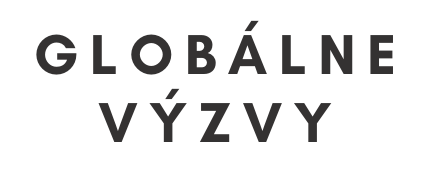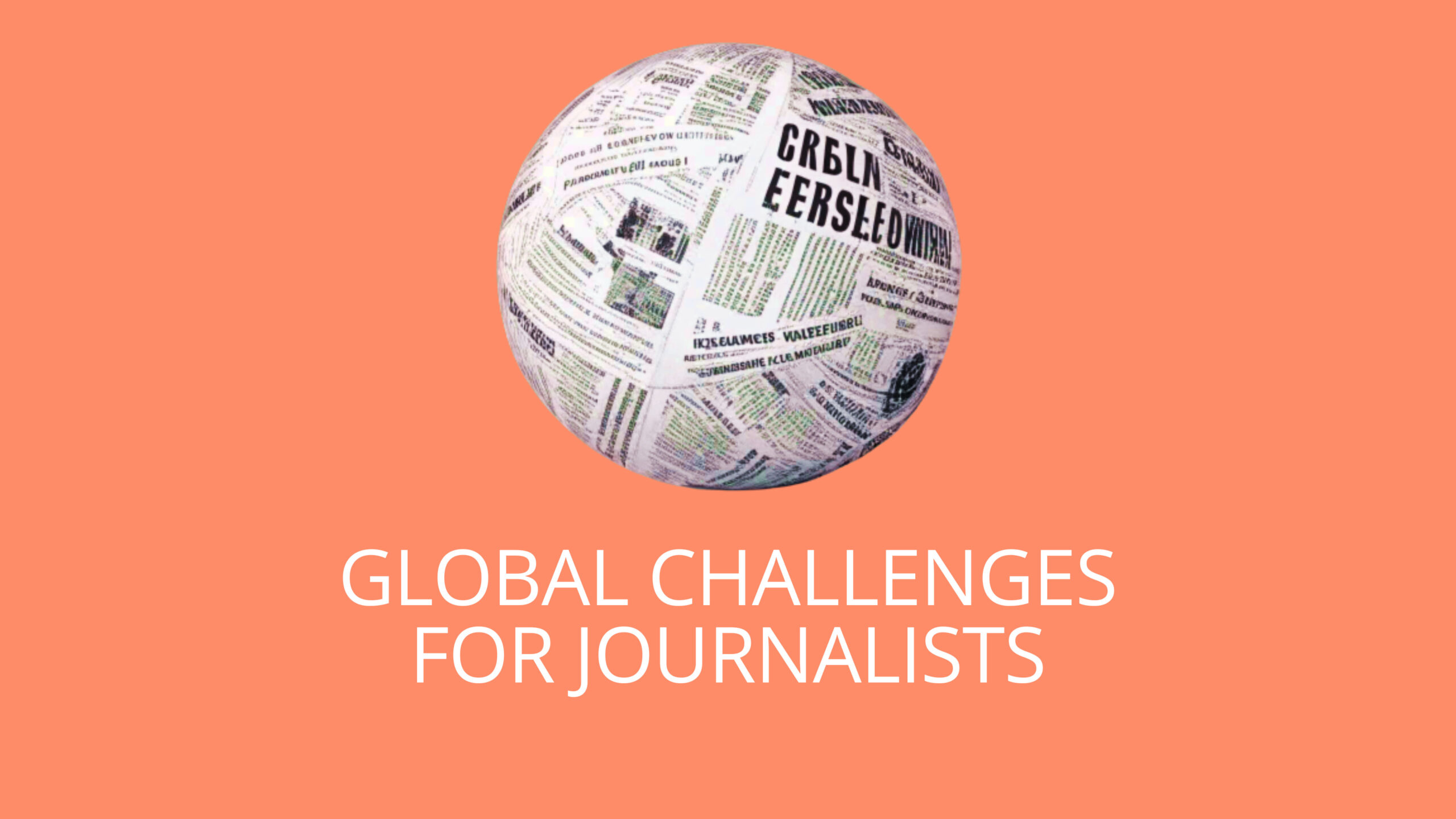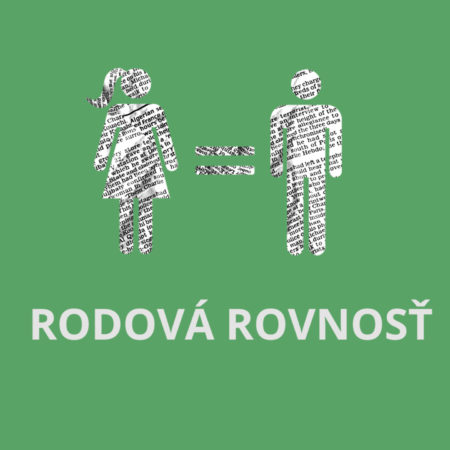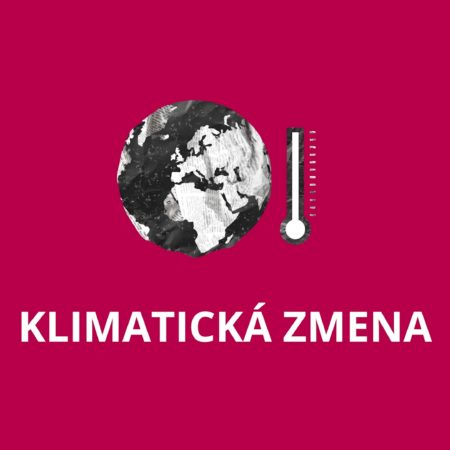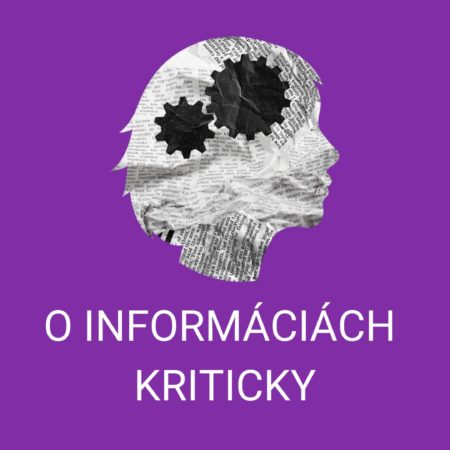The Global Challenges for Journalists online course will give you a deeper understanding of five global challenges – globalisation, climate change, migration, gender equality and poverty – with a focus on how they are represented in the media.
However, the aim of the course is not to teach ‘what to think’ but how to think critically and analytically about these global issues. We therefore begin the course with a module on critical analysis.
The course is divided into short lectures and has two levels. The first, basic, is based on videos (3-5 min) and a few short texts. The second level consists of supplementary material.
By the end of the course, you will have a better understanding of global connections and different perspectives on the same issues. This includes seeing through the eyes of people living in other parts of the world.
By the end of the course, participants will be able to report more competently on the topics presented, and ideally put their knowledge and understanding into practice.
Educational objectives
The course should contribute to the acquisition of a set of knowledge and skills and, in a second sequence, to a possible reflection on attitudes.
| Knowledge | Skills | Attitudes |
|
|
|
Consultants and peer reviewers
The videos and texts were also produced with the consultation and advice of experts from several academic institutions.
Vladan Hodulák, a political scientist at Masaryk University, pointed out several dimensions and hidden nuances of globalisation. Climatologist Jozef Pecho from the Slovak Hydrometeorological Institute helped us to enrich the topic of climate change. Sociologist Tereza Freidingerová from Charles University added her insights to our module on migration. Monika Bosá from the University of Prešov helped us with the module on gender equality. Finally, sociologist Daniel Gerbery from Comenius University advised us on the module on poverty.
Impressum
The creation of the videos, podcasts and other content was directly contributed by professionals from the media and non-governmental sector, as well as interns from the Department of Journalism at Comenius University. It is also part of Erasmus+ Blended Intensive Programme.
Disclaimer
The course is the result of cooperation between the World Between the Lines initiative, the non-profit organisation People in Peril, the Department of Journalism of the Faculty of Arts of Comenius University, the Department of Media and Communication of ELTE University and the Department of Media Studies and Journalism.
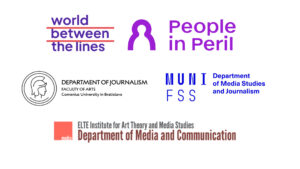
The preparation of this course was co-financed by SlovakAid and the European Union. The contents of the training course can in no way be considered as the views and positions of the donors.
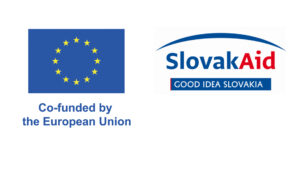
Parametre kurzu
- Minilekcie 84
- Kvízy 0
- Trvanie 3+ hours
- Náročnosť Všetky úrovne
- Jazyk English
- Študenti 32
- Certifikát Áno
- Hodnotenia Áno
-
MODULE 1 – CRITICAL ANALYSIS
In this module you will learn about who we are and why we reflect the world the way we do. We will see what discourse and framing are, or how our own brains can lead us astray.
- Misleading maps (VIDEO)
- Second thoughts
- On passing the ball (VIDEO)
- Story from Japan (VIDEO)
- Template of the ideas about the world
- About Columbus (VIDEO)
- Stepping out of learned ideas about the world
- Theoretical sensitivity
- Thomas theorem (VIDEO)
- Words matter (VIDEO)
- Power of discourse
- How to write about Africa
- “Us” vs. “them”
-
MODULE 2 - GLOBALISATION
The module will help you to understand the multidimensional phenomenon of globalisation with its pros and cons, important actors or perspectives that should not be forgotten. The content of the module has been commented and consulted by Dr. Vladan Hodulák from the Department of International Relations and European Studies at Masaryk University.
- New era of global village (VIDEO)
- What is globalisation?
- Consequences and characteristics of globalisation
- 3 types/dimensions of globalisation
- Positive consequensces of globalisation
- Negative impacts of globalisation
- Alterglobalism
- Multinational corporations
- At the expense of the weak (VIDEO)
- Economic reality and inequality
- Tariffs, quotas and other trade barriers
- Corporate dodging (VIDEO)
- Global supply chain
- The journey of a product (VIDEO)
- 4 tricks companies use to evade tax
- How (much) tax countries lose
- Trade liberalisation and trade agreements
- The EU and US trade policies – liberalisation with strings attached
- Mutual dependency
- Planetary boundaries and limits to growth
-
MODULE 3 - MIGRATION
The module will help you to understand the phenomenon of migration in its complexities. We will show that it is one of the most natural social processes and introduce the concepts and challenges associated with it. The content of the module has been commented and reviewed by the RNDR. Tereza Freidingerová, Ph.D., Institute of Sociological Studies, Charles University.
- Introduction to the module on migration
- How to understand migration?
- On the move from the very beginning (VIDEO)
- From time immemorial to domesticated animals and crops
- From early civilisations to overseas discoveries
- From the beginnings of colonialism to industrialisation
- Modern migration
- What is migration?
- Who is who in migration – migrants vs. refugees
- Who is who in migration – economic migrants, asylum seekers, etc.
- Who is who in migration – emigrants vs. immigrants
- What is what in migration? Asylum, subsidiary protection and temporary refuge
- What is what in migration? Asylum process and asylum politics of the EU
- Asylum vs. migration politics
- Where people migrate to and from (VIDEO)
- Push and pull factors – or what motivations there are behind migration?
- Factors leading to non-migration
- When it is not enough to differentiate between push and pull
- Climate migration
- Do foreigners take our jobs? (VIDEO)
- I am not always welcome (VIDEO)
- Integration and assimilation
- Data and sources on migration
-
MODULE 4 - POVERTY
This module will help you to understand poverty as a complex social phenomenon. It is a phenomenon that can be found in every country in the world, in every single society. And, as we will show, it has not only economic but also social and psychological consequences. The content of the videos has been commented and reviewed by Mgr. Daniel Gerbery, Ph.D. from the Department of Sociology, Faculty of Arts, Comenius University.
-
MODULE 5 - GENDER EQUALITY
The module will help you to understand issues related to gender (in)equality. We will explain what gender is as a social category and how it affects our lives. We will introduce the concepts associated with it and the challenges it poses. The content of the module was commented and reviewed by Dr. Monika Bosá, Ph.D. from the Faculty of Arts, University of Prešov.
-
MODULE 6 - CLIMATE CHANGE
The module will help you understand climate change as the most important global challenge we face as a human race. We will explain that it is not so much an ecological issue as a civilisational one. The content of the videos has been commented and reviewed by climatologist Jozef Pecho from the Slovak Hydrometeorological Institute.
